A geothermal heat pump is a ground-source heating and cooling system that uses natural energy from the earth. Most of them tap the thermal energy in underground water and other properties beneath the earth’s surface to produce heating and cooling when they are needed.
Their rising popularity is a result of the green energy they produce, the lack of carbon emission and general safety of the environment, as well as relative efficiency compared to conventional heating and cooling appliances.
But getting the right size geothermal heat pump is even more important than getting the system in the first place. Having the wrong size will make everything go awry, because you won’t get the results you desire.
Hence, it is important to get the right size geothermal heat pump for your home, factory or office by calculating the space in relation to the capacity of the system.
This post will show you how to calculate the size of the geothermal heat pump you need and all the factors you must consider before making a choice.
How Do I Calculate What Size Geothermal Heat Pump I Need?
There’s a simple rule of thumb out there that suggests that you’d need 30 BTUs for every square ft of living or workspace. This means, if you need to cool or heat up a 2,500 sq. ft space, you’d have to multiply that by 30, which amounts to 75,000 BTUs.
There’s another rule of thumb that’s quite popular. Even among HVAC experts, you’re told to divide the total square footage of your property by 500 to arrive at the heat pump tonnage the property requires. This means with the same 2,500 sq. ft property, you’d be needing a 5-ton heat pump.
For heating, 1 ton equals 12,000 BTUs and 5 tons will amount to 60,000 BTUs. So, let’s say this range isn’t too wide for a 2,500 sq. ft home. While these rules of thumb are convenient for providing a blanket idea, they can be inaccurate in some cases.
You’d find that those who use the 30-BTU formula may oversize their heat pumps significantly while those who use the “divide-by-500” formula may undersize their units. These can be really problematic for homeowners or property owners to handle.
The problem with rules of thumb is that they are overly generalistic, whereas weather conditions are different in different locations. This is why we recommend getting an energy audit for your property or hiring an experienced building performance contractor to take a look at the property.
Usually, they’d perform a blower door test by using a certain device on your door. By using this device in consideration of the climate of your region, the contractor should come up with a Manual J Load Calculation and you’ll get the accurate size.
Another option is using a smart thermostat. You need to check the BTU of the unit, figure out the Winter Design Temperature- which is the outdoor temperature of your area for 99% of all hours in a year, studied over a period of 30 years- and how many hours your heat pump can run in that design temperature.
In terms of the geothermal loop itself, the general range is to use between 400 and 600 feet of horizontal loops for every ton of energy needed to cool or heat the home. In that vein, a mid-sized house would need a 3-ton geothermal unit for good results.
Important Factors to Consider When Sizing A Geothermal Heat Pump
While tonnage, capacity, and area are very important factors to determine how big or small your geothermal heat pump should be, it’s important to realize that no two environments or situations are completely the same.
Hence, it’s essential to take note of a few important factors listed below.
1. Temperature
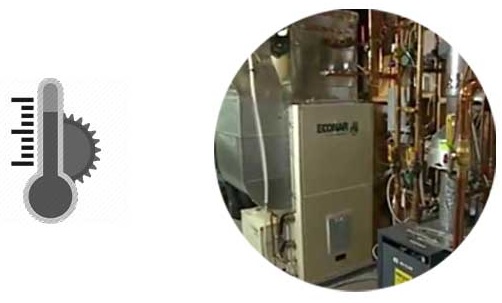
The temperature of an area is a very important factor to consider because some regions have extreme weather. Cities like Las Vegas and Nevada can be extremely hot in the summer, so it’s important to ensure the heat pump packs some extra cooling power for efficiency.
In the same vein, you won’t require the same amount of heat in Las Vegas as you would in Fairbanks, Alastair, because of its extremely cold weather.
2. Altitude
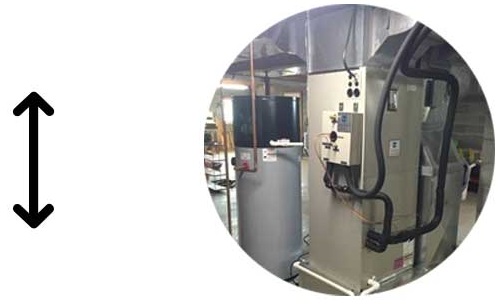
This is another very important factor. The higher you go, the colder it gets. By knowing the position of your property above sea level, you’d know how deep you have to dig the well and how much heating you’ll need in the area, especially in winter.
3. Ventilation
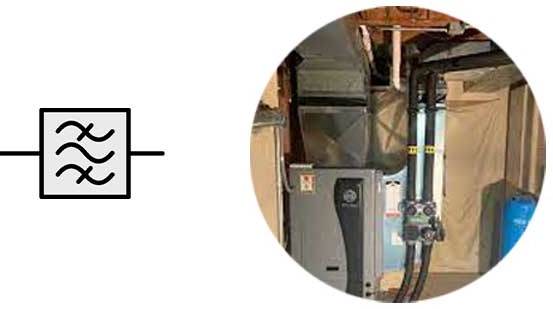
This is something you should address some other way, especially by making your home airtight.
However, if for some reason, you need to always leave your windows or doors open, or you use the heat pump in a highly ventilated facility, you’d certainly need much more power than what the area of the property would normally require.
4. Number of people
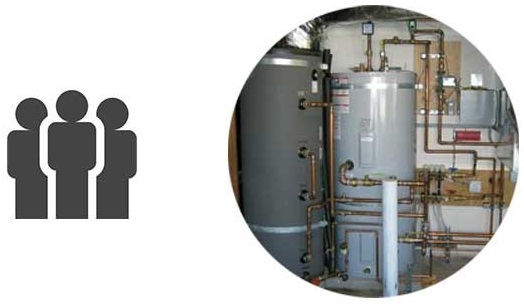
Humans, and even pets, emit a lot of body heat and the more people are in a home, the more cooling will be required to keep it in good condition. Hence, the area of the house won’t really matter anymore because you’ll need much more BTU than you think.
If you’re supposed to have a 45,000-BTU unit in a 2,500 sq. ft home, but you also have more than 10 people in that home, you’d probably need to add an extra 10,000 BTU for better performance.
Final Words:
It doesn’t really matter if it’s a house, a garage or an office space, the square footage of any space would ideally determine what unit you need for that space.
Asides from relying on a smart thermostat, the Manual J Load Calculator, or even rules of thumb, there’s basically no other way to determine the size of the geothermal heat pump you need in a building. Avoid future problems by calling in professional contractors to handle the math.
| Photo | Title | Buy |
|---|---|---|

|
LEVOIT Air Purifier for Home & Bedroom - For Allergies and Pets Hair | Check Price On Amazon |

|
BREEZOME 60 OZ Quiet Dehumidifiers for Home, Dual-Semiconductor | Check Price On Amazon |
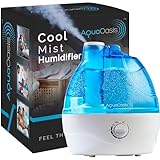
|
AquaOasis™ Cool Mist Quiet Ultrasonic Humidifier for Bedroom & Large room | Check Price On Amazon |

|
43.3'' Portable Air Conditioners, 3-IN-1 Evaporative Air Cooler w/Remote | Check Price On Amazon |

|
BlueDri BD-AS-550-BL Negative Machine Airbourne Cleaner HEPA Air Scrubber | Check Price On Amazon |

|
Space Heater, VCK 24" 12ft/s Fast Quiet Heating Portable Electric Heater | Check Price On Amazon |
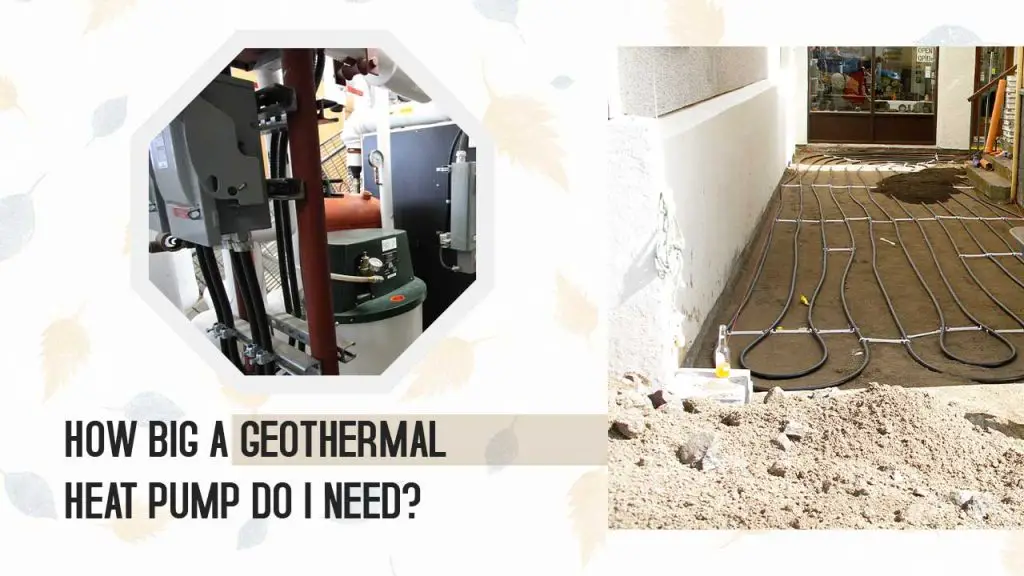
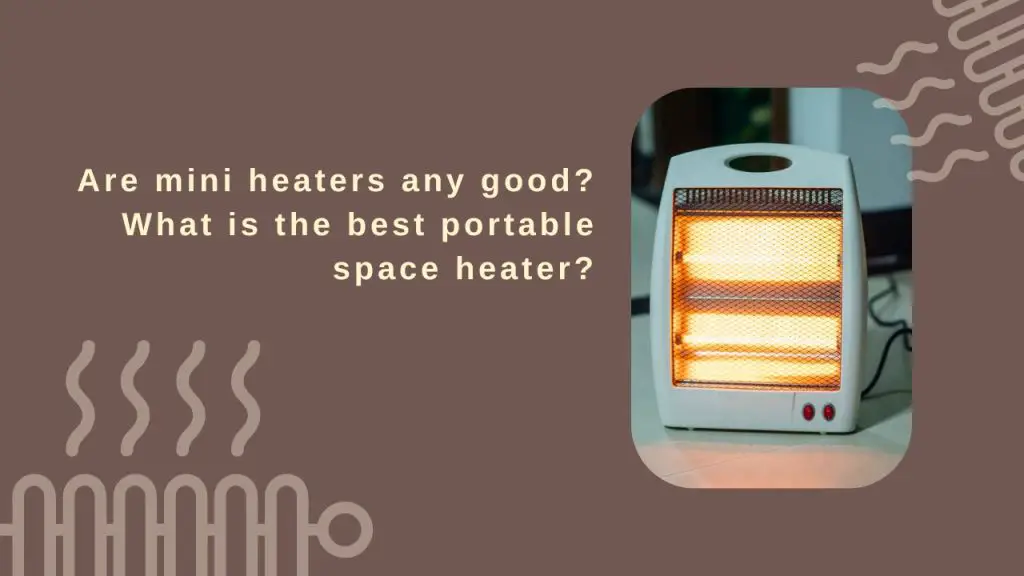
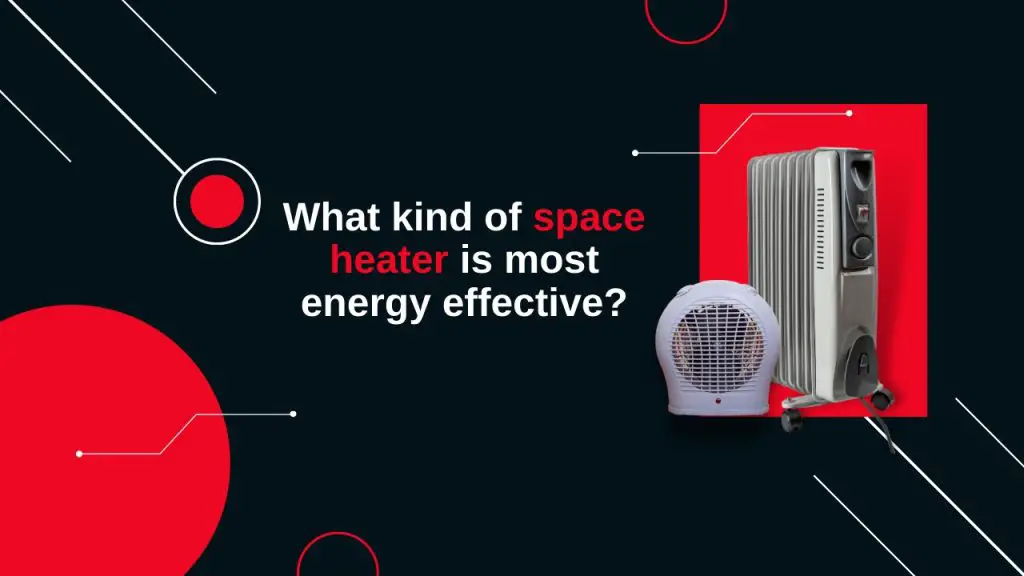
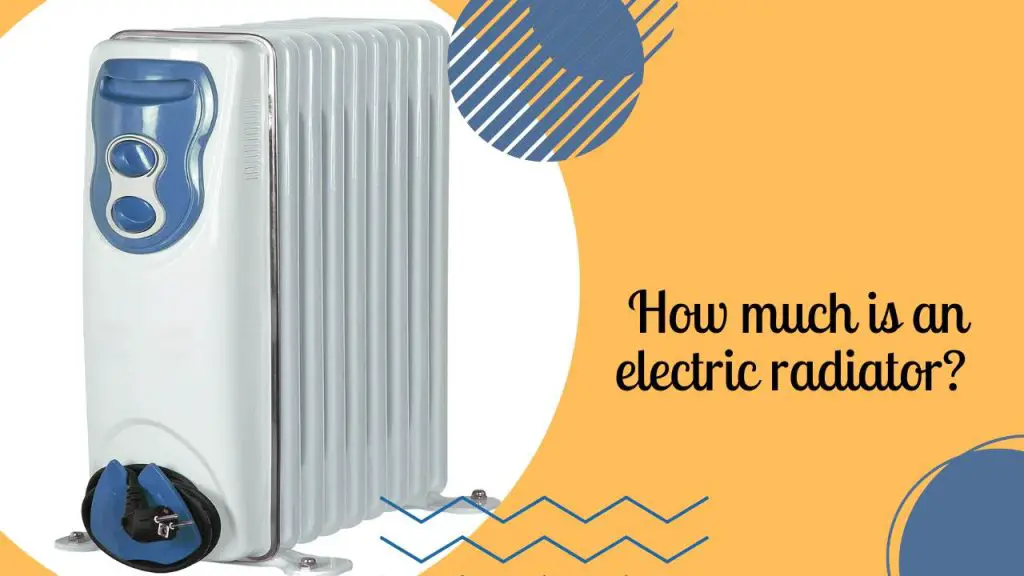
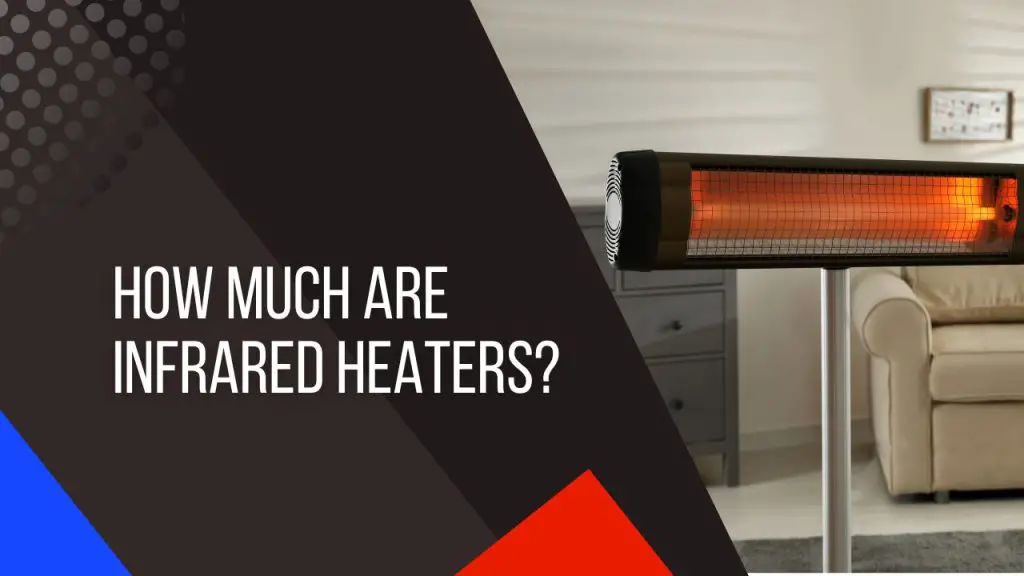
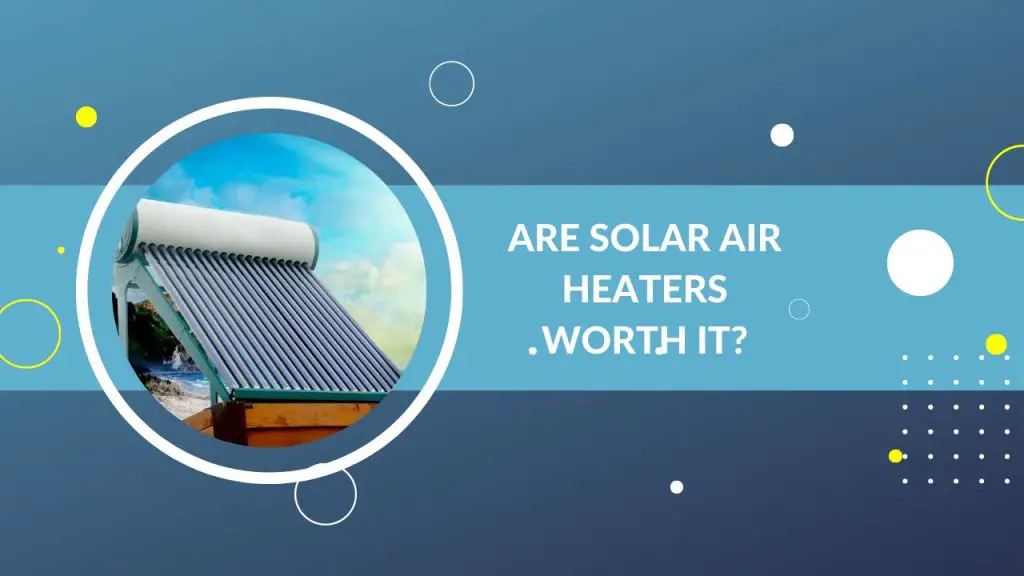
![Ventless Heater Moisture Problems [Possible Reasons & Solution]](https://www.airpurelife.com/wp-content/uploads/2022/12/Why-do-ventless-heaters-create-moisture-1024x576.jpg)